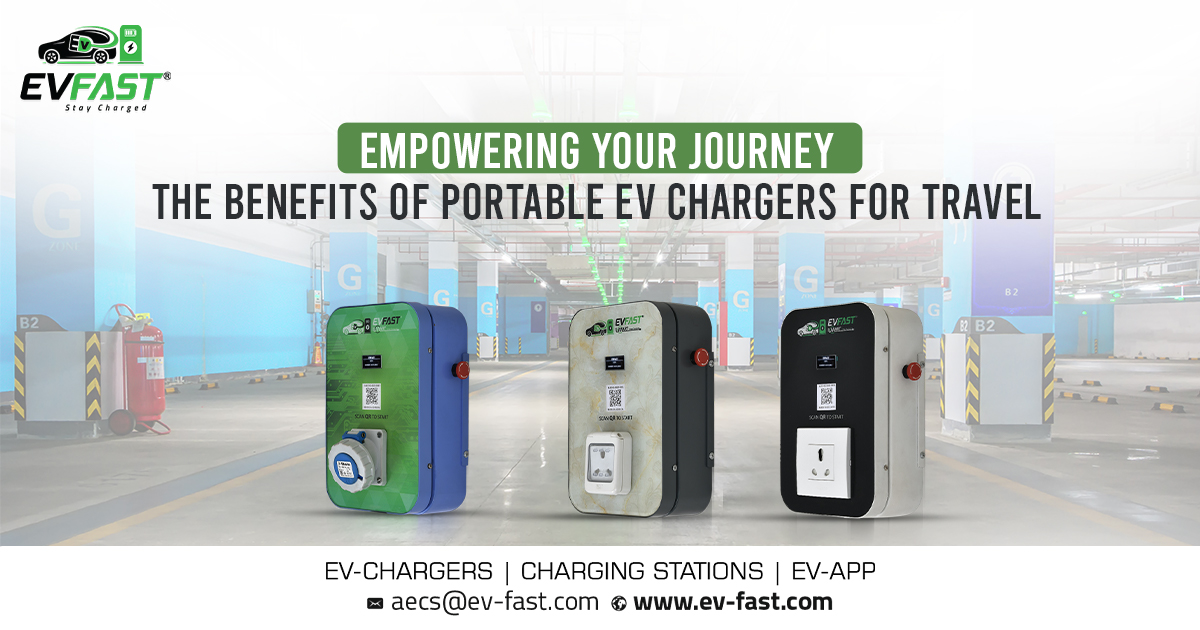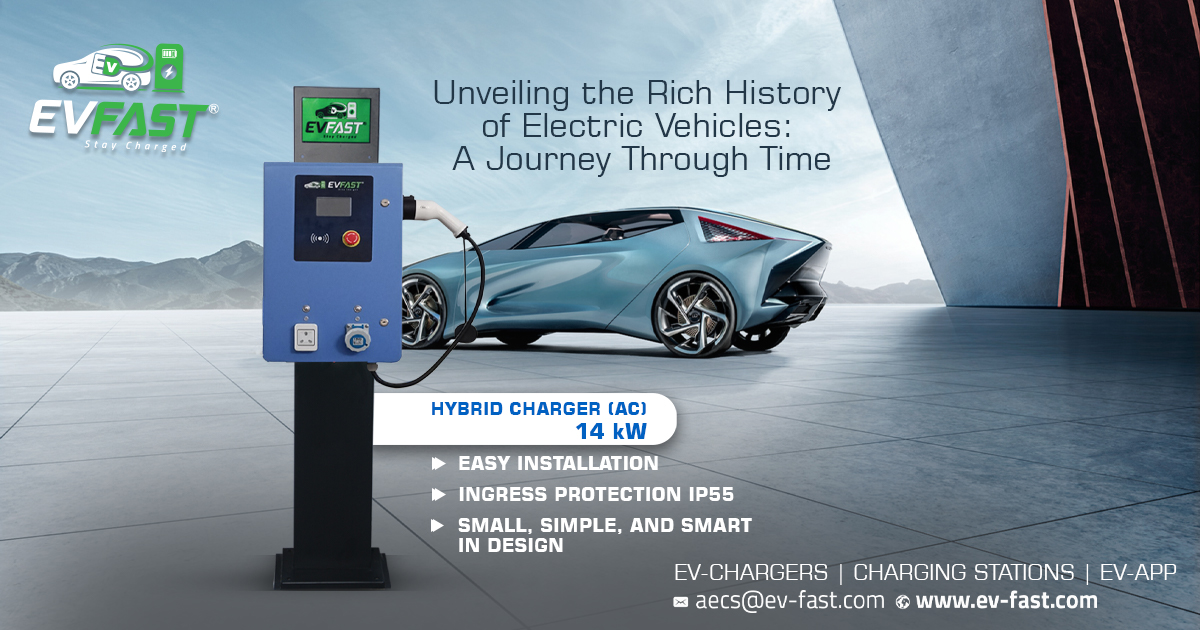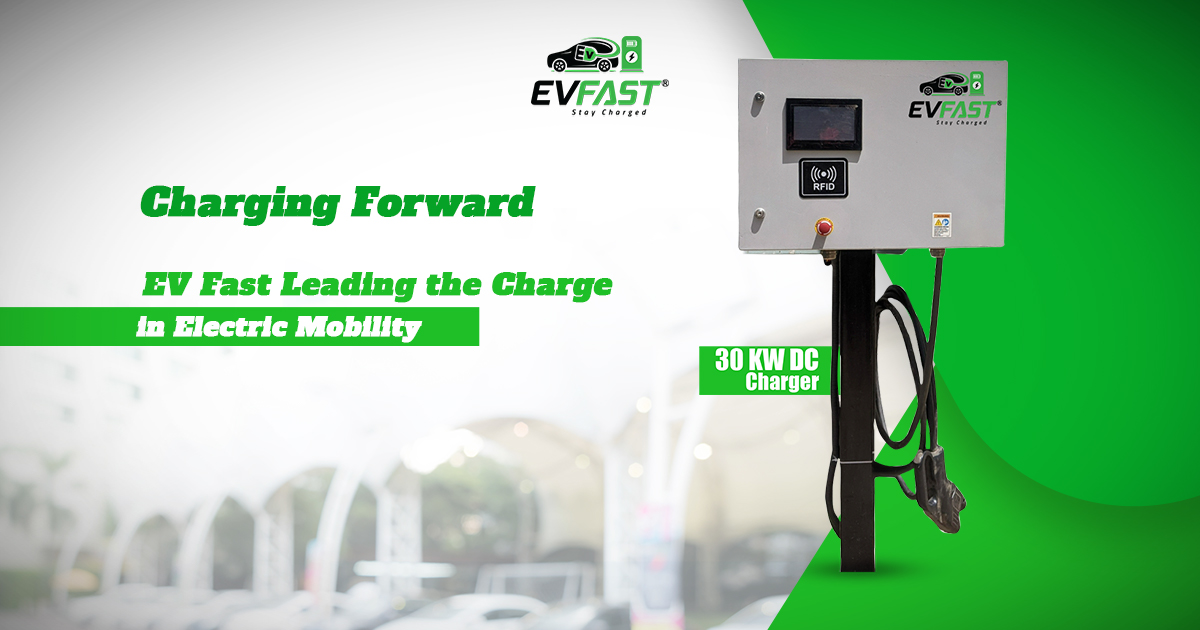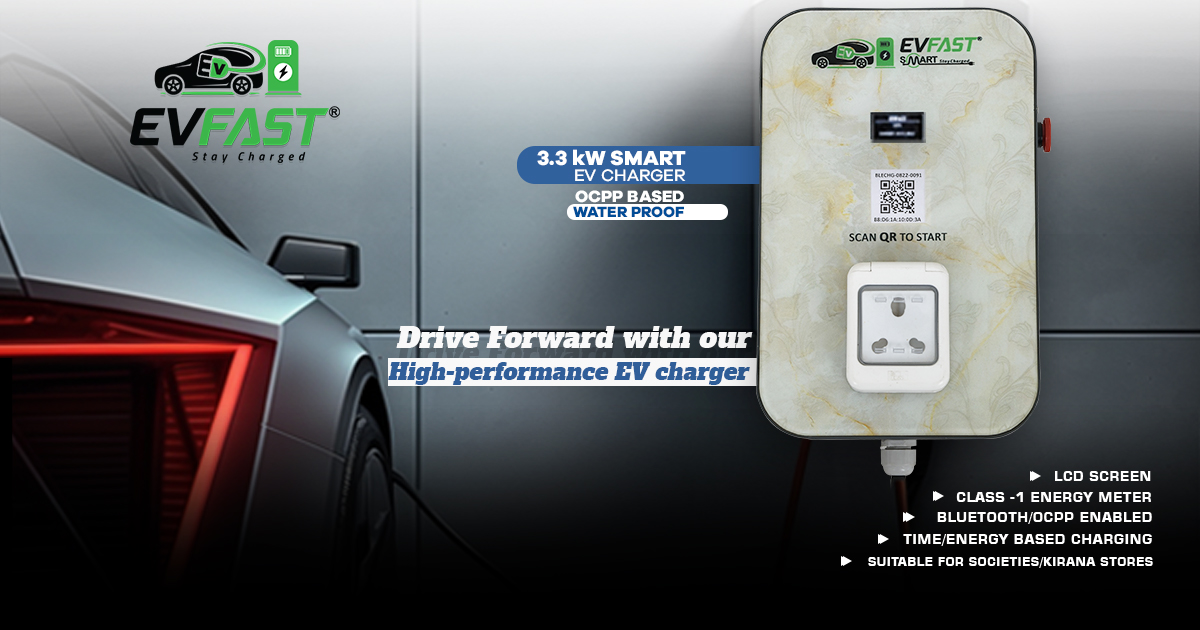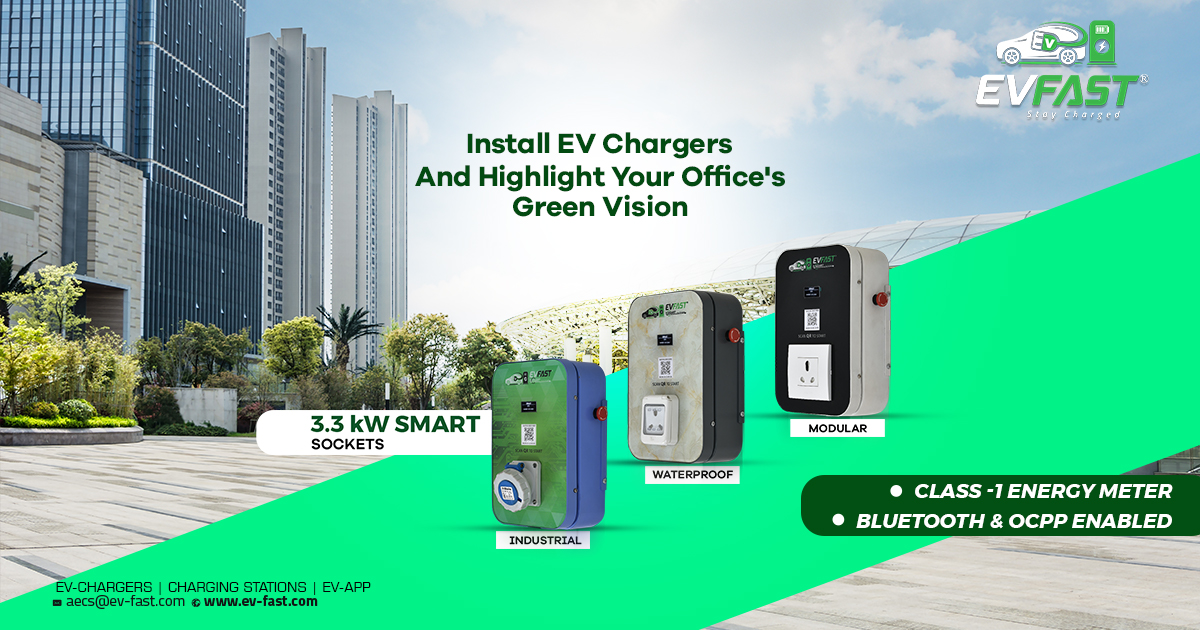In today’s rapidly evolving world, electric vehicles (EVs) have emerged as a sustainable and eco-friendly mode of transportation. As more people make the switch to EVs, the need for convenient charging solutions becomes increasingly important, especially for travelers on the go. At EV-fast, a leading Travel EV charger manufacturer, we understand the challenges faced by EV owners when it comes to charging while traveling. That’s why we’ve developed a range of portable EV chargers designed to keep you powered up wherever your journey takes you.
The Rise of Electric Travel
With concerns about climate change and environmental sustainability on the rise, electric vehicles have gained popularity as a greener alternative to traditional gasoline-powered cars. EVs offer numerous benefits, including lower carbon emissions, reduced air pollution, and lower operating costs. As a result, more and more consumers are making the switch to electric vehicles, both for their daily commute and for travel adventures.
The Need for Portable Charging Solutions
While EVs offer many advantages, one common concern among owners is range anxiety – the fear of running out of battery charge while on the road. This is particularly relevant for travelers embarking on long-distance journeys where access to charging infrastructure may be limited. Travel EV chargers offer a solution to this challenge by providing a convenient way to recharge your vehicle’s battery wherever you are.
Benefits of Portable EV Chargers for Travel
1. Flexibility and Convenience: Portable or travel EV chargers allow you to recharge your vehicle’s battery wherever there’s a power source available – whether it’s at a campground, a friend’s house, or a roadside rest area. This flexibility gives you the freedom to explore without worrying about finding a charging station.
2. Emergency Preparedness: In the event of unexpected delays or detours during your travels, having a portable EV charger on hand can provide peace of mind. Whether you’re stranded on a remote road or caught in a traffic jam, you can quickly replenish your battery and get back on the road.
3. Cost Savings: While public charging stations are becoming more prevalent, some may come with usage fees or require memberships. By using a portable EV charger, you can avoid these costs and recharge your vehicle for free at any standard electrical outlet.
4. Compatibility: EV-fast’s portable EV chargers are designed to be compatible with a wide range of electric vehicles, making them a versatile charging solution for travelers with different makes and models of EVs.
5. Compact and Lightweight: EV-fast chargers are compact, lightweight, and easy to carry, making them ideal for packing in your trunk or stowing away in your RV or camper van. You’ll hardly notice the extra weight, but you’ll appreciate the peace of mind knowing that you have a reliable charging solution wherever you go.
Why Choose EV-fast for Your Portable EV Charger Needs
At EV-fast, a leading Travel EV charger manufacturer, we’re committed to providing innovative charging solutions that empower EV owners to travel with confidence. Our portable or travel EV chargers are rigorously tested for safety, reliability, and performance, ensuring that you get the best possible charging experience every time. With EV-fast, you can enjoy the benefits of electric travel without compromise.
As the world embraces electric vehicles as the future of transportation, the need for convenient charging solutions for travelers becomes increasingly important. Portable EV chargers from EV-fast offer a practical and reliable way to keep your vehicle powered up while on the go, providing flexibility, convenience, and peace of mind. Whether you’re embarking on a weekend getaway or a cross-country road trip, EV-fast’s portable chargers are your trusted companion for powering your journey.
